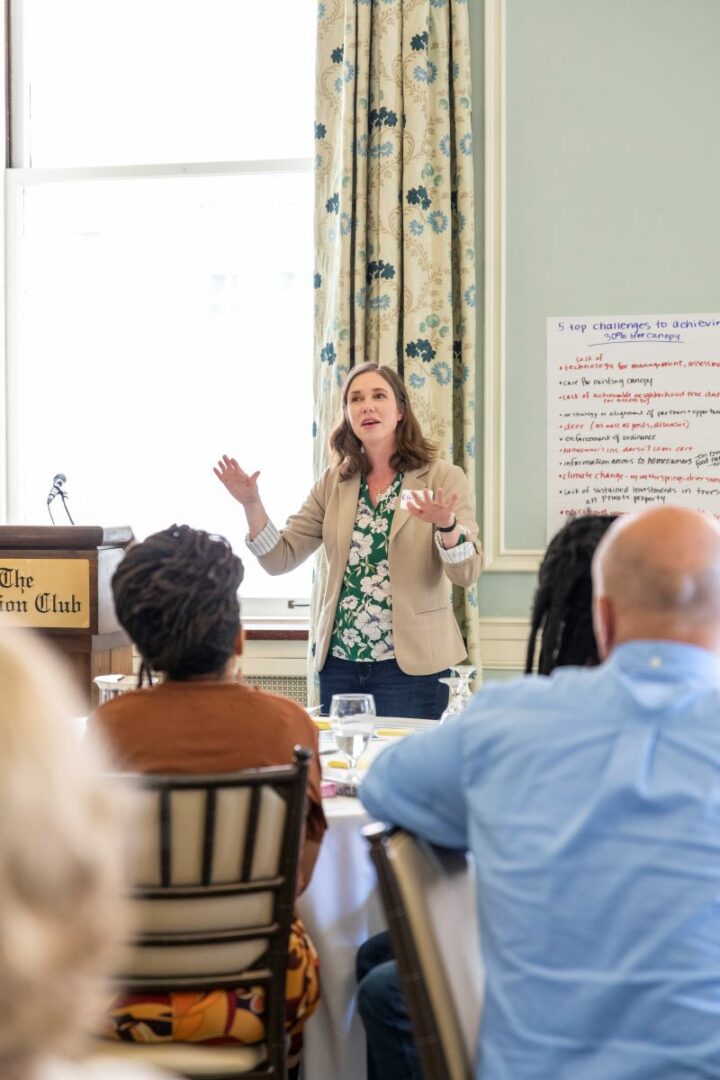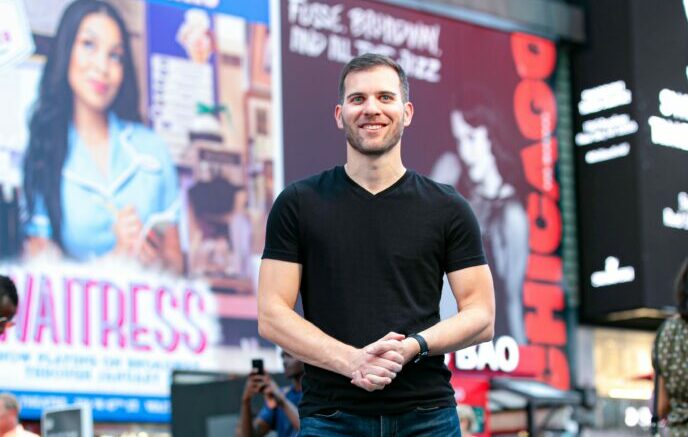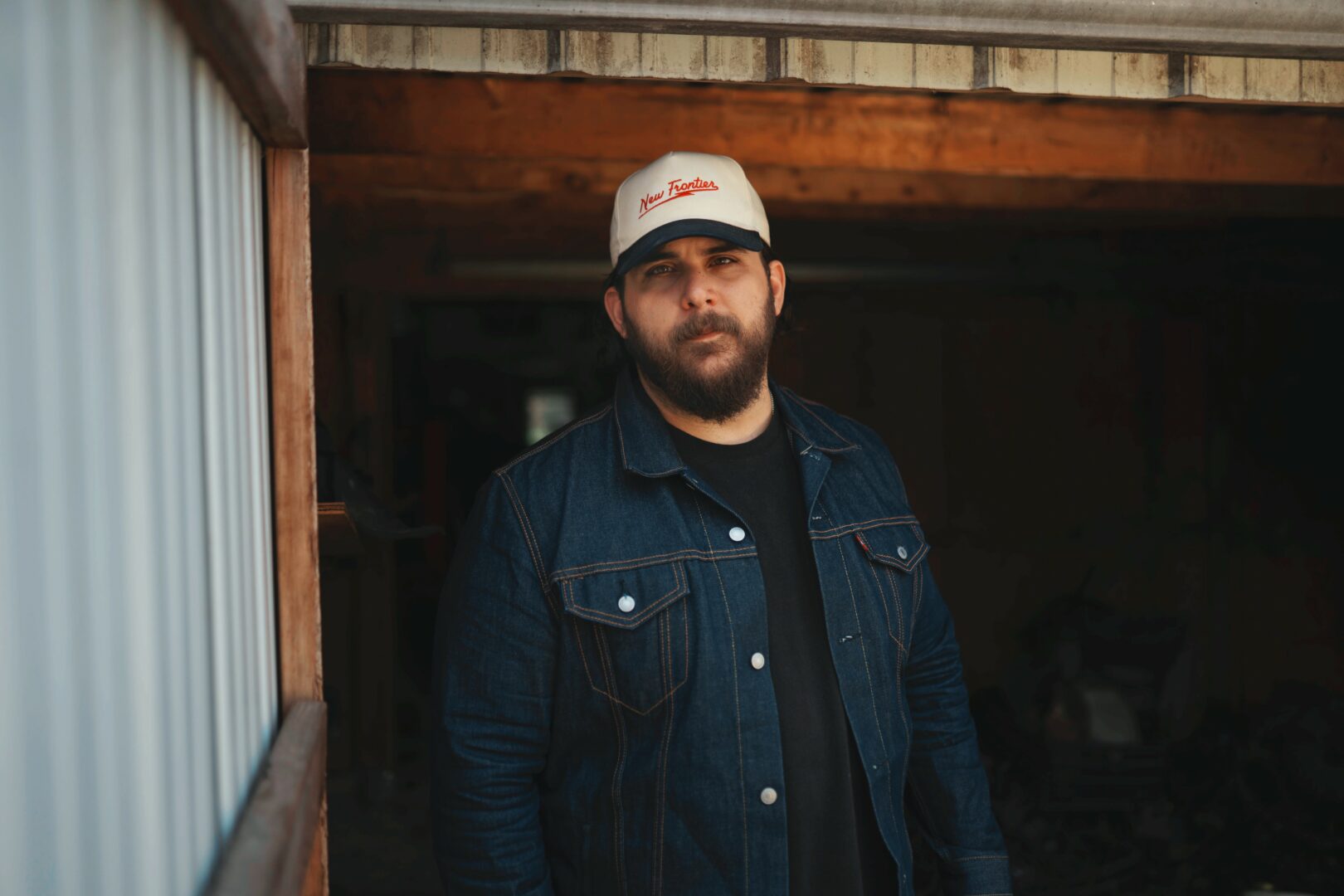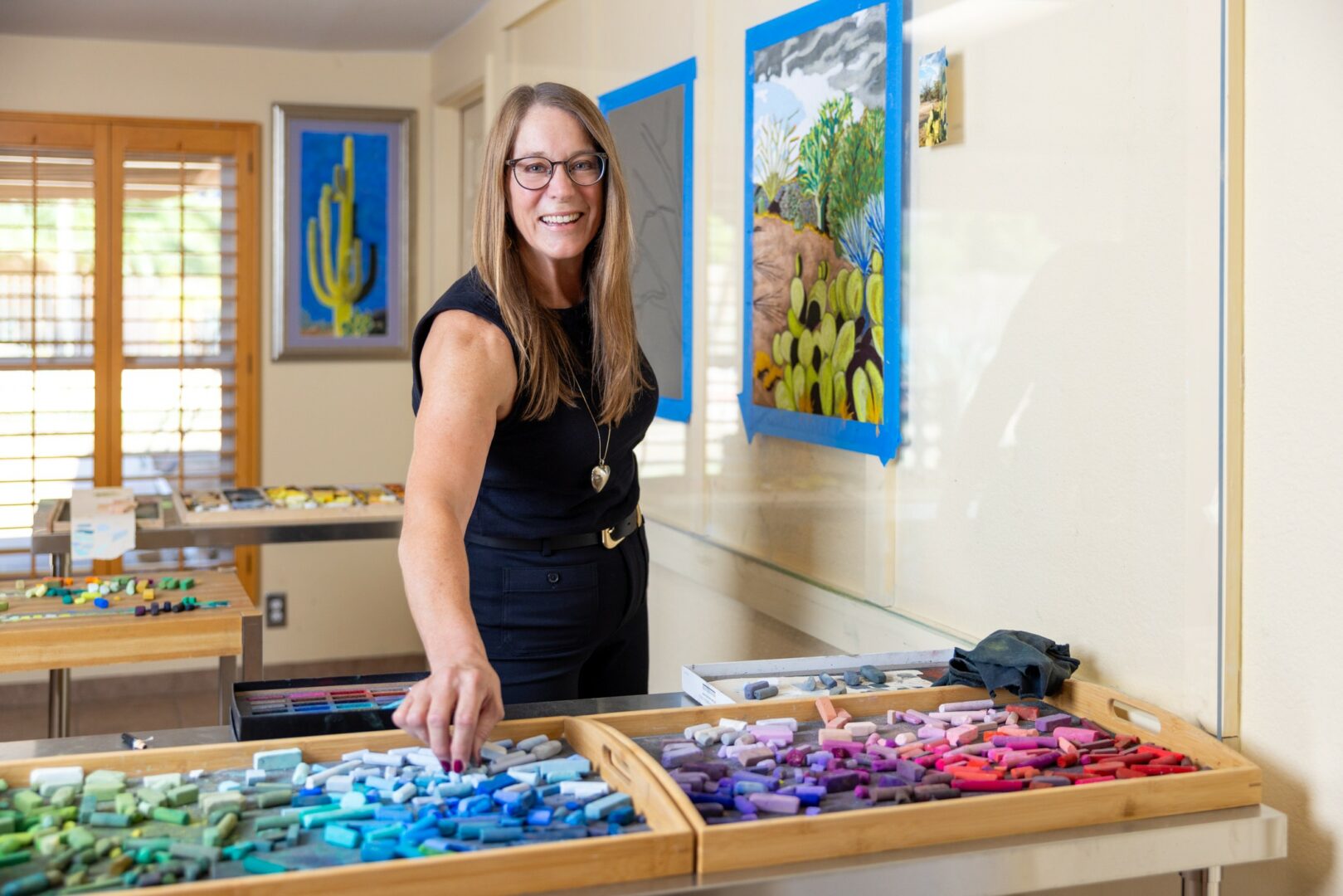We recently connected with Elizabeth Schuster and have shared our conversation below.
Elizabeth, thanks so much for taking the time to share your insights and lessons with us today. We’re particularly interested in hearing about how you became such a resilient person. Where do you get your resilience from?
I see resilience through two different lenses. Much of my work is about the sustainability of our ecosystems. We rely on those ecosystems to provide us clean drinking water, clean air, places to hike and enjoy nature, and to help regulate temperatures. There is a whole body of literature talking about the importance of ecological resilience – and how this impacts communities. But then, my academic training collided with my personal world in the mid 2010s.
For years, I had been developing a career for myself. I had found my passion – sustainability. For me, sustainability was about taking actions that leave the world better than we found it—enhancing communities, ecosystems, and local economies while minimizing harm. Early in my career I was a Peace Corps volunteer in Honduras, where I learned that in order to be successful, we needed to find solutions that were economically viable. That was my inspiration in 2010 for going back to school. I moved my family to Tucson, Arizona so I could go to graduate school in Agriculture and Environmental Economics. After grad school, I got my dream job with a global conservation nonprofit and we moved to New Jersey.
But a few years into my new job, things changed. I was growing in my career, but secretly returning home to an aggressive, alcoholic husband. Things were really bad for two and a half years as I tried to push through a divorce. Those were two and a half years of terror, where it was just about surviving the chaos. The thing that kept me going was a desire to show my children that their mother was the sort of person who when I get knocked down, I keep getting back up again.
Today, I live in Ohio, and remarried and have become an entrepreneur. I love running my own boutique environmental economics consulting firm. And that lesson in resilience that I learned during those years in New Jersey: keep getting back up again? It’s why my business is thriving today. I never got discouraged with those rejections in the first two years of business. I kept showing up again, and that persistence led to a successful business today.
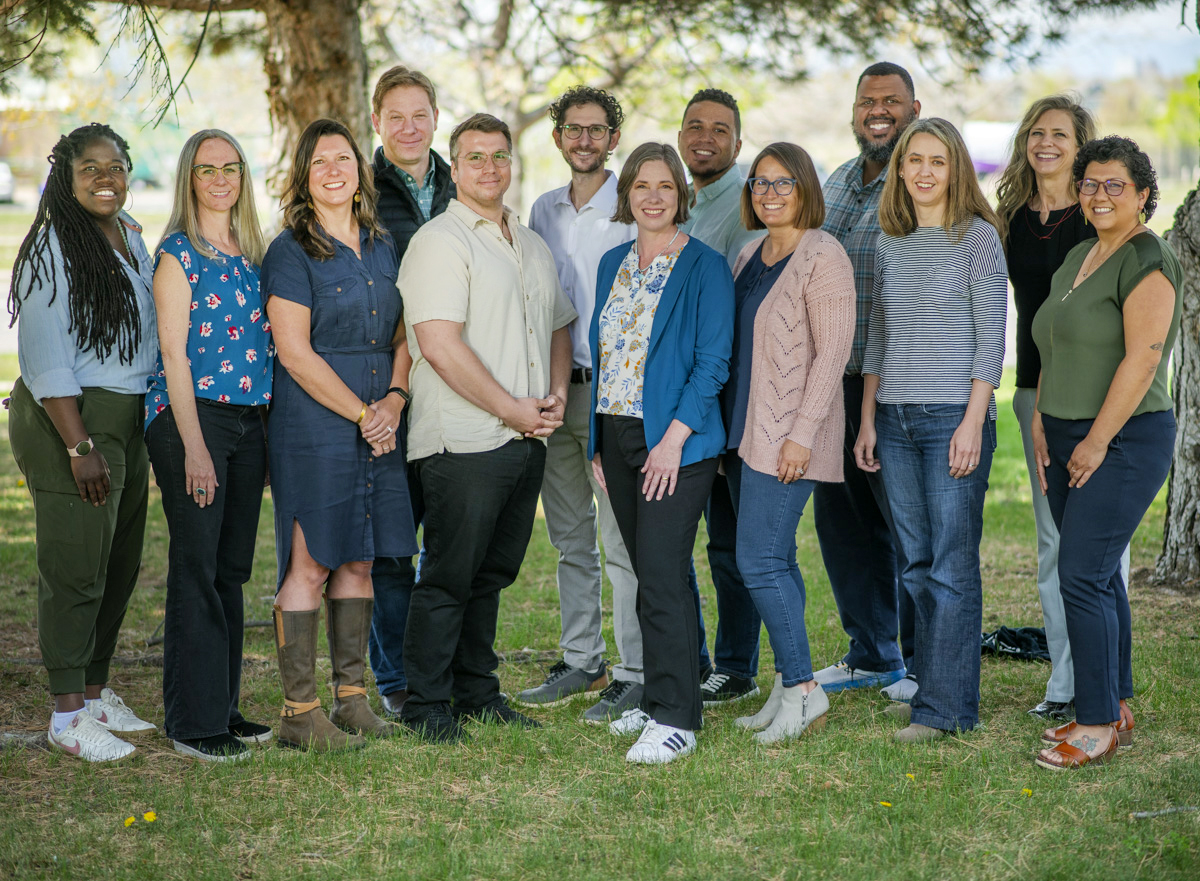
Let’s take a small detour – maybe you can share a bit about yourself before we dive back into some of the other questions we had for you?
My business helps organizations gain clarity, collaborate around shared goals, and have more impact. We do this through strategic planning, community engagement, and impact assessments. My work has included partnerships with conservation nonprofits, park districts, museums and botanical gardens, community development entities, agricultural organizations and municipalities. I truly care about the mission of each and every client I partner with. My approach is to work together, collaboratively, at each step of the project. I typically have just 5 clients per year, so I get to know them very well.
I do have some exciting news coming soon, but we won’t be announcing it until January 2026. Check out the home page of my website for an announcement the second week of January 2026. Link here: https://sustainableeconomiesconsulting.com/
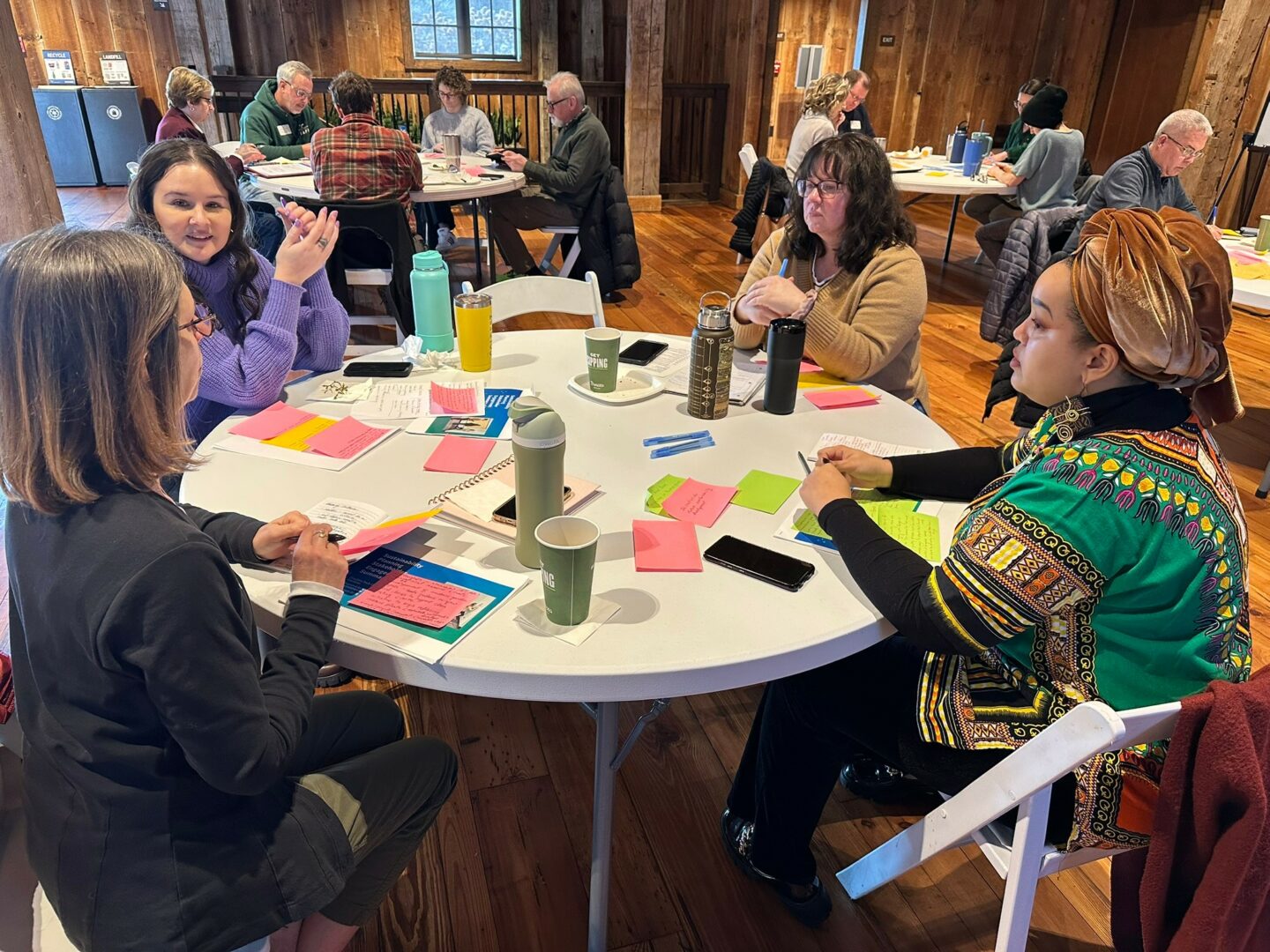
There is so much advice out there about all the different skills and qualities folks need to develop in order to succeed in today’s highly competitive environment and often it can feel overwhelming. So, if we had to break it down to just the three that matter most, which three skills or qualities would you focus on?
I regularly have college students reach out to me and ask me which skills they should develop if they want to go into environmental economics. I always tell them, anything you can do to be a better collaborator – and a better human being – is what will help you succeed in this work. People skills matter more than technical skills.
I’ve also learned that open-mindedness has been the secret ingredient in all of my most successful projects. Where there is rigidity, organizations simply cannot work towards transformative change. There needs to be an openness to change and to new ideas. In all of my projects, I encourage a culture of learning.
The last key quality I’ll mention is generosity. When in doubt, err on the side of generosity. I may be an entrepreneur but a majority of my clients are nonprofit leaders. At the end of the day, I care about their missions and I want to be the sort of business owner who shows up with generosity. And it’s not an either/or. It’s a both/and – you can have boundaries and still choose to be generous.
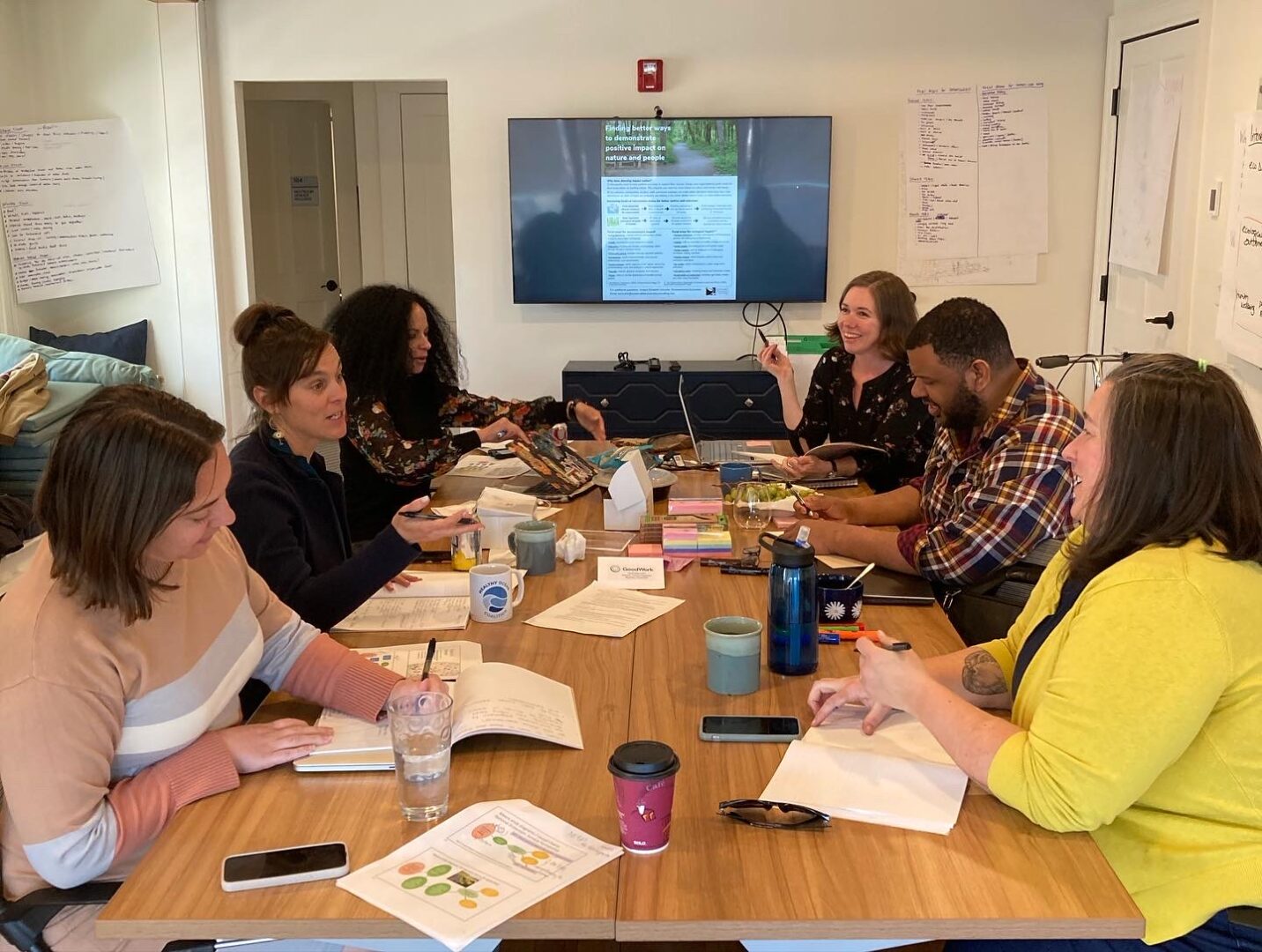
As we end our chat, is there a book you can leave people with that’s been meaningful to you and your development?
Susan David’s book, Emotional Agility, was a huge influence on my journey towards resilience. She said, “Discomfort is the price of admission to a meaningful life.” That really changed my mindset and helped me grow.
Contact Info:
- Website: https://sustainableeconomiesconsulting.com/
- Linkedin: https://www.linkedin.com/in/elizabethfschuster/
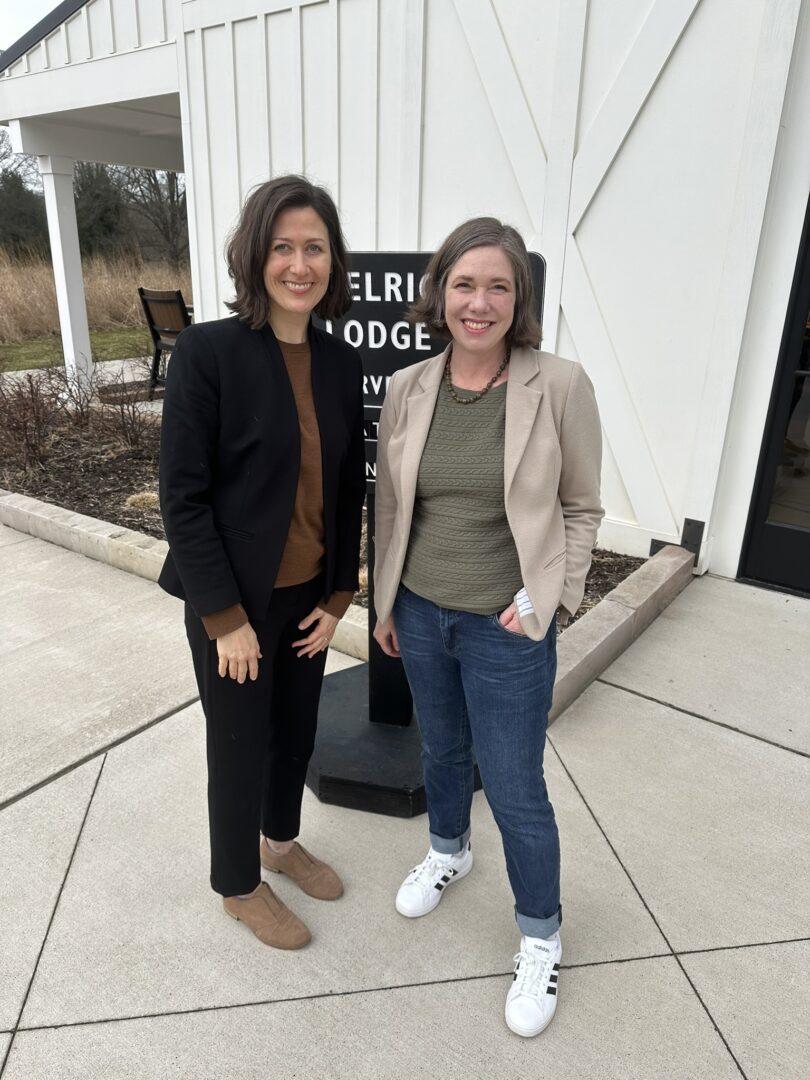

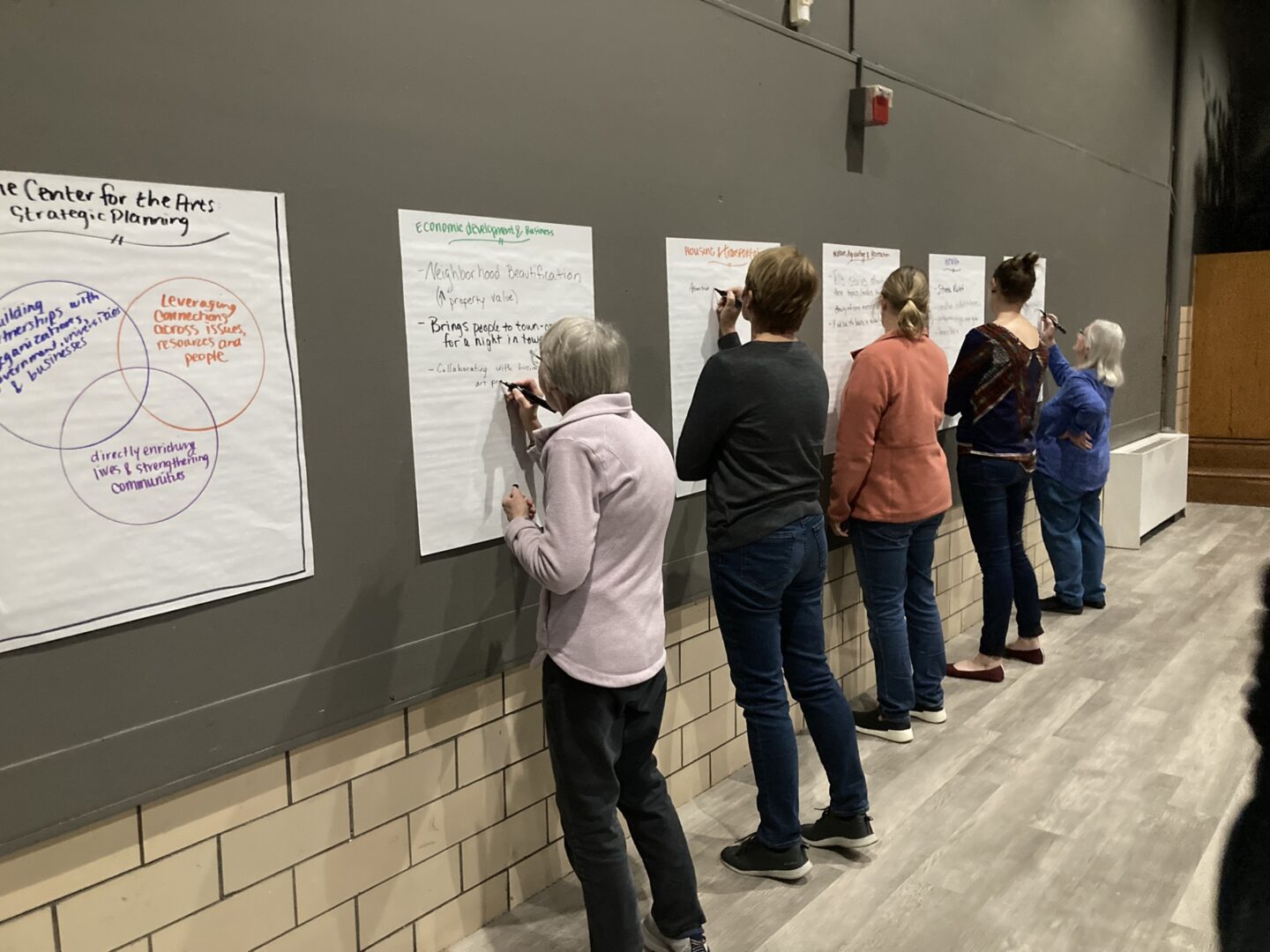
so if you or someone you know deserves recognition please let us know here.

